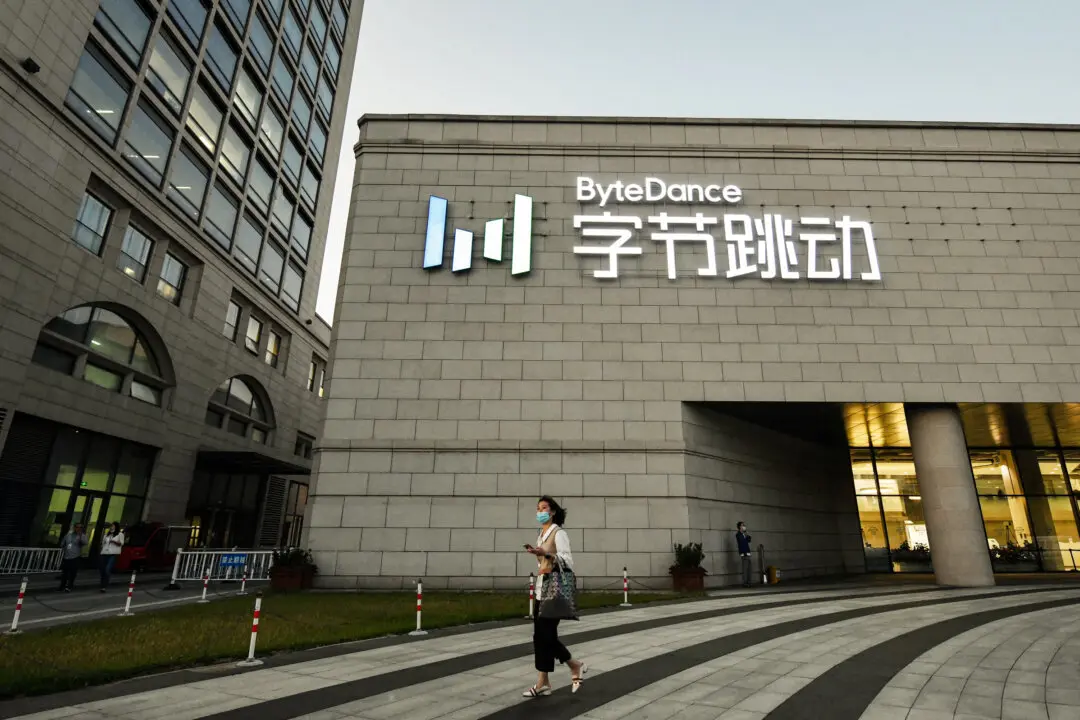Recently, 26 members of the Thai national women’s volleyball team tested positive after receiving injections of Chinese-made COVID-19 vaccines, which led to the team withdrawing from the Volleyball Nations League (VNL) 2021.
Thailand has purchased a large amount of Chinese COVID-19 vaccines and withdrawn its team from the VNL, which will be held in Italy from May 25 to June 19. The Thai women’s volleyball team currently ranks 15th in the world.




